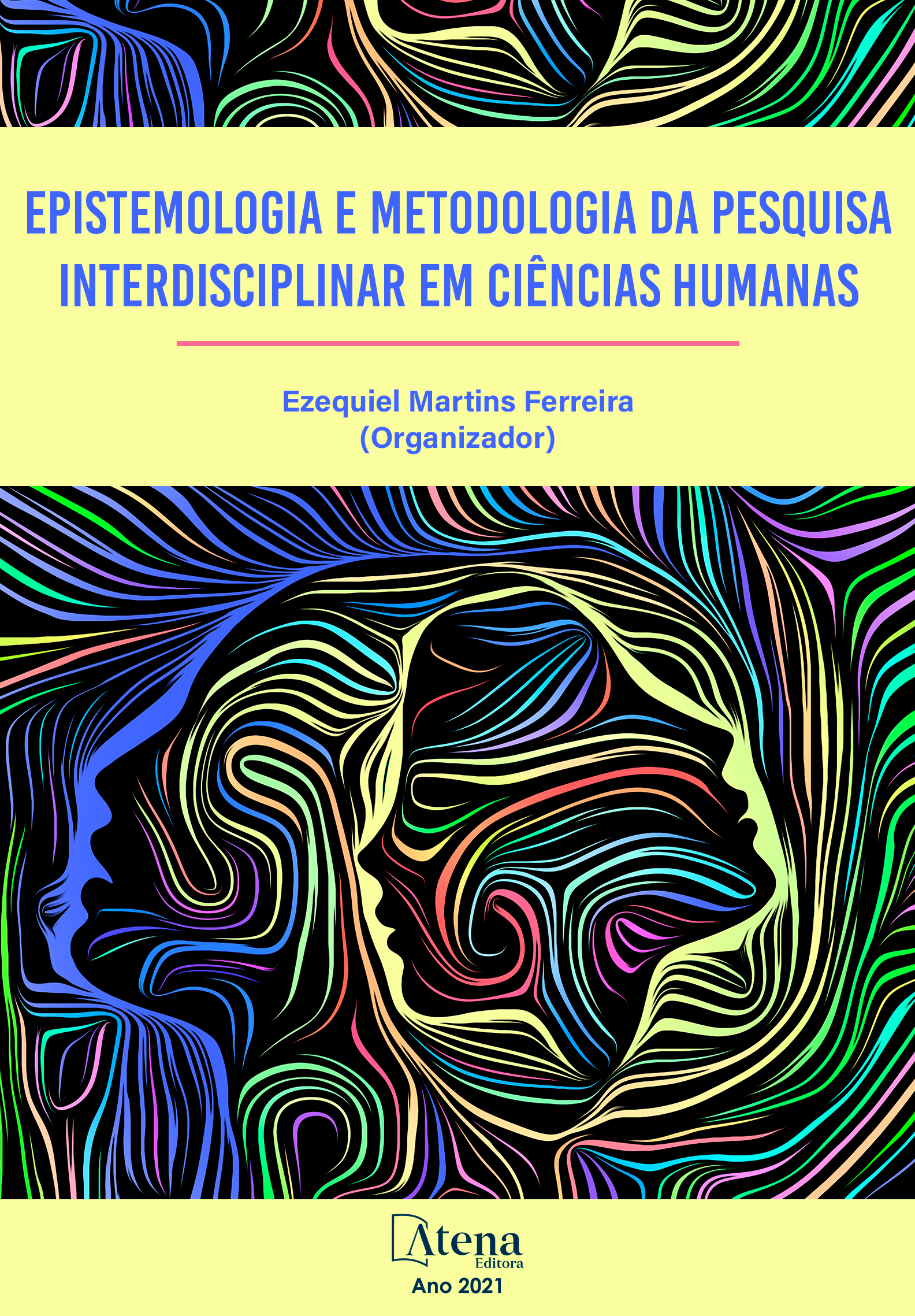
A POTÊNCIA PEDAGÓGICA DA ÓPERA-ROCK “PAJUBÁ” DE LINN DA QUEBRADA
Este trabalho associa a recente produção artística LGBT aos estudos de Educação & Cultura com abordagem hermenêutico-simbólica para apreender aspectos do amor fati nietzschiano no imaginário-discursivo de Linn Da Quebrada. Seu disco, intitulado PAJUBÁ, tem recebido os rótulos musicais de afro-funk-vogue, MPBixa, dentre outros, e é marcado pelo método sampling, pois ouve-se uma verdadeira orgia polirrítmica de funk entrecruzado por rap, pop, samba, MPB convencional, balada, reggae, drag-music, manguebeat etc. A história biográfico-ficcional da artista retratada no disco amplia o espectro de classificações intermediárias e levanta, por meio de um fio condutor da primeira à última música, possíveis relações com a ópera-rock, fazendo transbordar os limites conceituais da ópera e borrando as fronteiras do rock. O objetivo principal aqui é identificar nesse álbum conceitual de opera-rock poético-político-pornográfico, aspectos estritamente didáticos, potencialmente pedagógicos e amplamente educativos, voltados para a aceitação das forças que conduzem à afirmação do gosto por ser o que se é. O viés teórico-metodológico da análise desvia o olhar predominantemente político de ativismo, empoderamento e resistência, permitindo-nos outros olhares e privilegiando a potência pedagógica da obra, seu caráter artístico, linguístico e educativo, utilizando o referencial teórico de Durand (1997) para conceituar o imaginário-discursivo associado à concretização do amor fati, apresentado por Almeida (2015) na relação entre a plenitude poética e o desejo de dar sentido à vida, A análise desenvolvida considerou o caráter processual (de)formativo do imaginário estabelecido pela recepção da narrativa autobiográfica carregada de valores subjetivos e refratários, tal como se compreende pela metodologia rizomática de Deleuze e Gattari (1995). PAJUBÁ é parcialmente escrito em pajubá, dialeto reconhecidamente LGBT, configurado pela ressignificação do português cerzido ao iorubá, o que lhe confere também um caráter textual transgênero.
A POTÊNCIA PEDAGÓGICA DA ÓPERA-ROCK “PAJUBÁ” DE LINN DA QUEBRADA
-
DOI: 10.22533/at.ed.9592106011
-
Palavras-chave: Pedagogia LGBT. Transdisciplinaridade. Narrativas de si. Imaginário-discursivo. Metodologia rizomática.
-
Keywords: LGBT pedagogy. Transdisciplinary. Narratives of themselves. Imaginary-discourse. Rhizomatic methodology
-
Abstract:
This work associates the recent LGBT artistic production with the studies of Education & Culture with a hermeneutic-symbolic approach to absorb aspects of nietzschean amor fati in the imaginary-discourse of Linn Da Quebrada. Her album, entitled PAJUBÁ, has fallen into different musical genres such as afro-funk-vogue, MPBixa, among others, and it is marked by the sampling method, as one hears a real polyrhythmic orgy, interweaving funk, rap, pop, samba, conventional MPB, ballad, reggae, drag-music, manguebeat etc. The biographical-fictional history of the artist portrayed on the album broadens the spectrum of intermediate classifications and through a leitmotiv raises from the first to the last song possible relations with rock opera, overcoming the conceptual limits of opera and blurring the boundaries of rock. The main goal here is to identify in this conceptual poetic-political-pornographic rock opera album features that are strictly didactic, potentially pedagogical and broadly educational, regarding the acceptance of the forces that lead to be what one is. The theoretical-methodological bias of the analysis diverts from the prevailing political view of activism, empowerment and resistance, providing wider perspectives and privileging the work's pedagogical power, its artistic, linguistic and educational character. In this context, the work was based on the theoretical reference of Durand (1997) to conceptualize the imaginary-discourse related to the realization of amor fati, presented by Almeida (2015) in the relationship between poetic plenitude and the desire to give meaning to life. The analysis considered the procedural (de)formative character of the imaginary established by the reception of the autobiographical narrative full of subjective and refractory values, as understood by the rhizomatic methodology of Deleuze and Gattari (1995). PAJUBÁ is partially written in pajubá, a well-known LGBT dialect, configured by the resignification of Portuguese allied with iorubá, which also reflects a transgender textual character.
-
Número de páginas: 23
- PAULO HENRIQUE DE OLIVEIRA BARROSO


